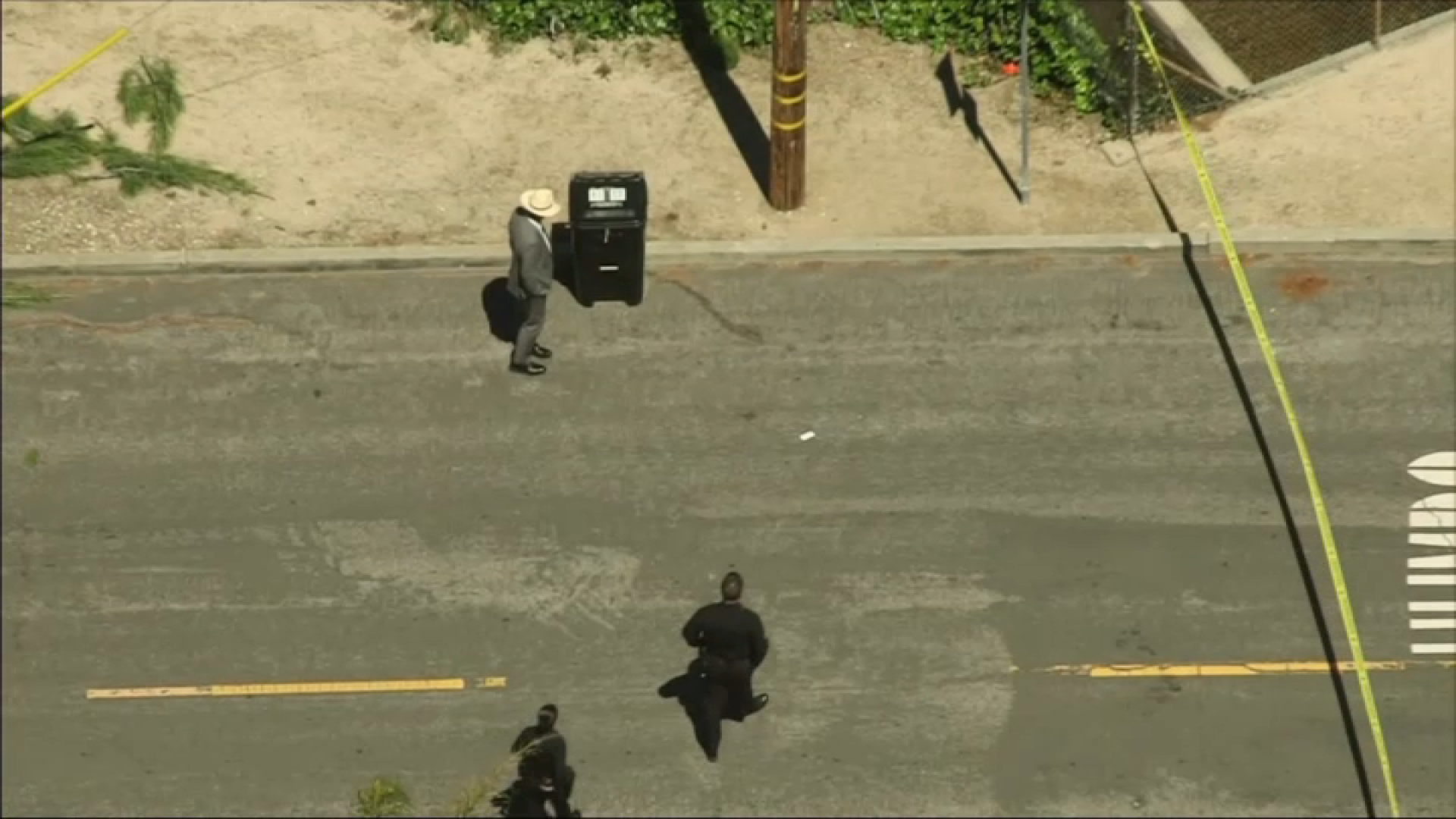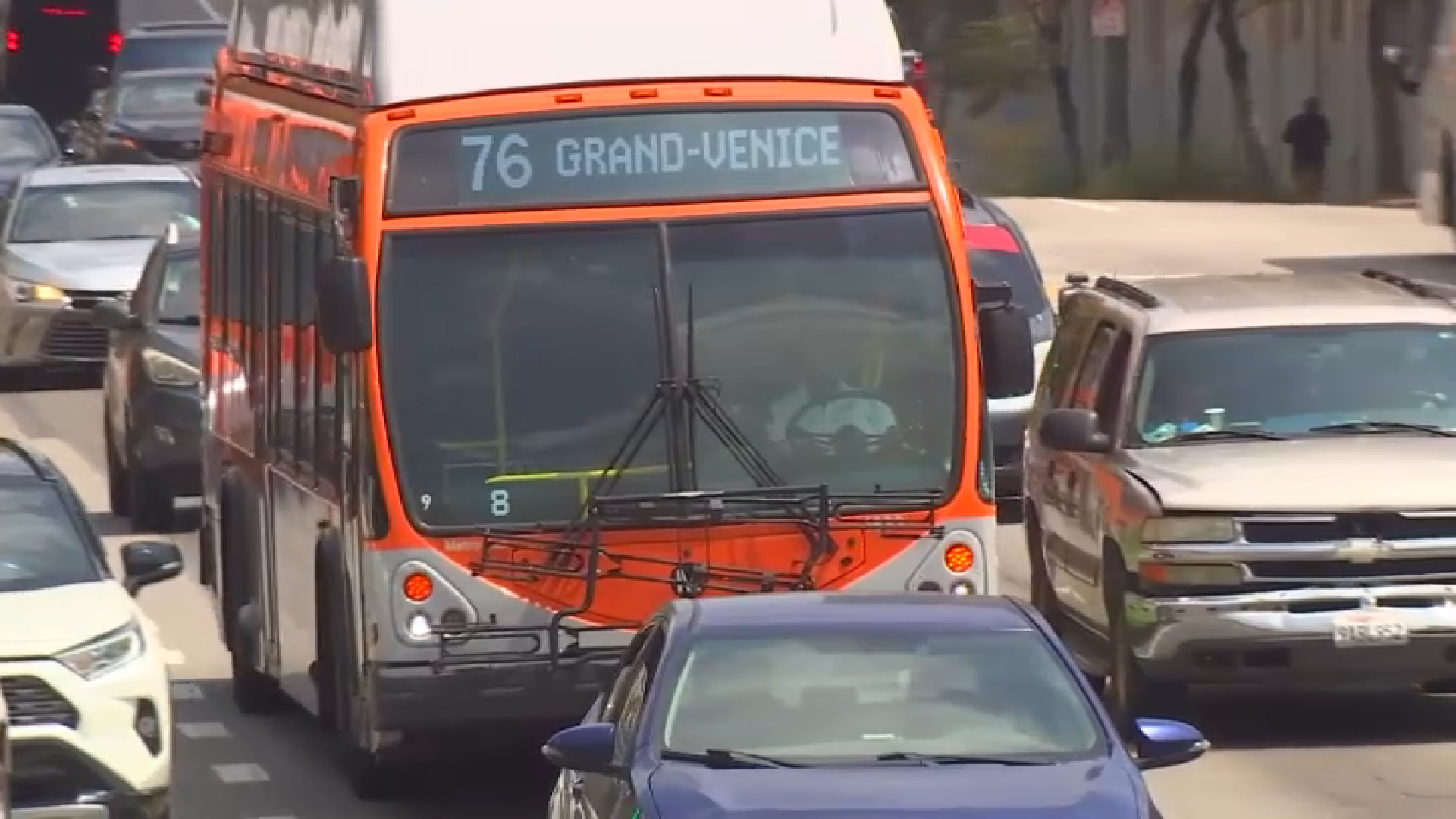California would lead the U.S. in significantly changing the standard for when police can fire their weapons under legislation that cleared its first hurdle Tuesday after an emotionally charged debate over deadly shootings that have roiled the country.
It's time to change a "reasonable force" standard that hasn't been updated in California since 1872, making it the nation's oldest unchanged use-of-force law, said Assemblywoman Shirley Weber, a San Diego Democrat who introduced the measure.
"It must be guided by the goals of safeguarding human life," she said.
A state Senate committee advanced the legislation that would allow police to use deadly force only in situations where it is necessary to prevent imminent and serious injury or death to the officer or another person.
Now, California's standard makes it rare for officers to be charged after a shooting and rarer still for them to be convicted. Frequently it's because of the doctrine of "reasonable fear": if prosecutors or jurors believe that officers have a reason to fear for their safety, police can use deadly force.
Law enforcement lobbyists said the stricter standard could make officers hesitant to approach suspects out of fear their actions could be second-guessed.
Democrats on the committee acknowledged that officers have difficult and dangerous jobs but argued the bill would make everyone safer by promoting de-escalation and fostering trust between police and people of color.
News
Top news of the day
"It always blows me away when law enforcement only fear for their life only when they're facing black and brown people," said Democratic Sen. Steven Bradford of Gardena, who is black. "We don't have a problem with law enforcement, we've got a problem with racism."
Dozens of advocates lined up to list the names of young men killed by police across California, including Stephon Clark, who was shot this year when Sacramento officers say they mistook his cellphone for a handgun. The shooting sparked protests, and a prosecutor says it may be months before her office decides if police broke the law.
It comes as police killings of black men have stirred upheaval nationwide.
David Mastagni, a lobbyist for the California Peace Officers Association, said the proposed language creates "a hindsight, second-guessing game that puts not only the officers at danger but puts the public at danger as well."
Randy Perry, representing several rank-and-file police unions that encompass 90,000 officers, called it "a radical departure from criminal and constitutional law."
Critics could almost always argue that deadly force wasn't necessary because officers could have considered alternatives such as "tactical repositioning," which Perry called "a euphemism for retreat."
Republican Sen. Jeff Stone of Temecula, the only senator on the committee who spoke in opposition, said the measure could stop people from becoming police officers and deter officers from responding to calls for help.
Democratic Sen. Hannah-Beth Jackson of Santa Barbara pointed to "troubling" statistics about California's high incidence of police shootings and the disproportionate use of force against black men.
She and fellow Democrat Scott Wiener of San Francisco said they believe the changes clarify when police can use lethal force and adequately address concerns raised by law enforcement opponents.
"We all agree that we don't want to put police officers in harm's way, but we also don't want to put the public in harm's way," Jackson said.
The measure now heads to another committee.



